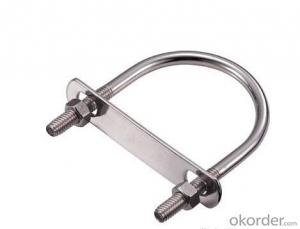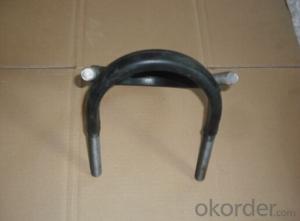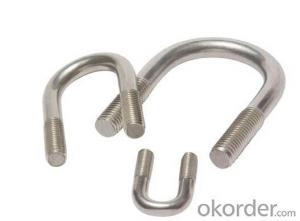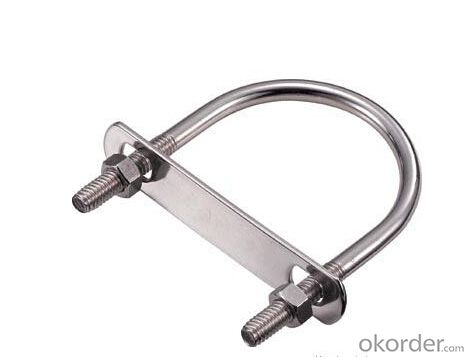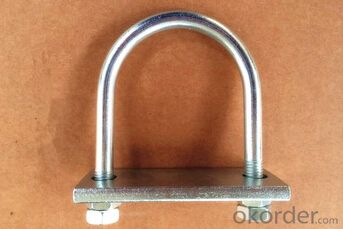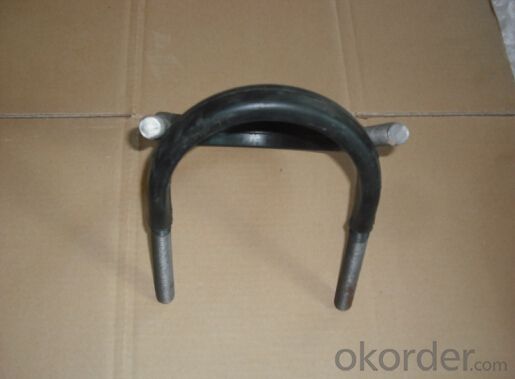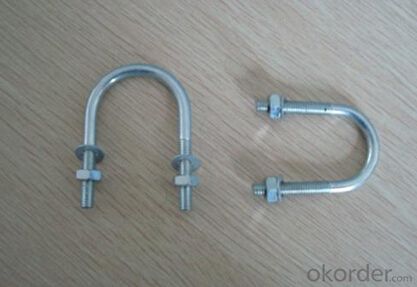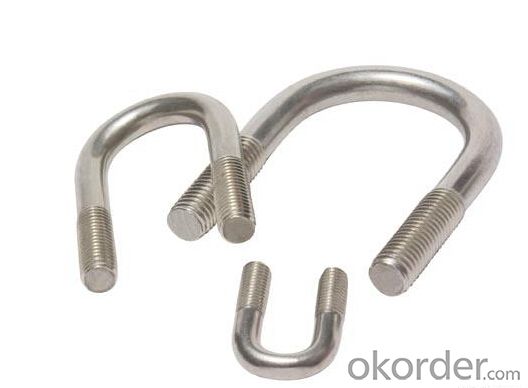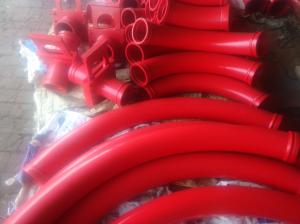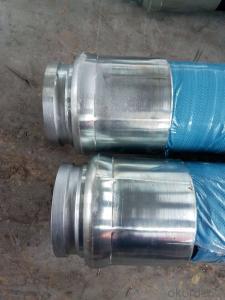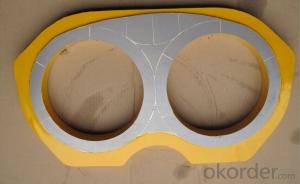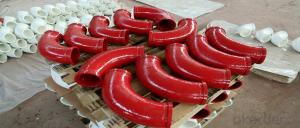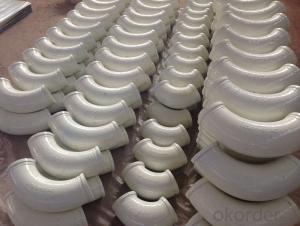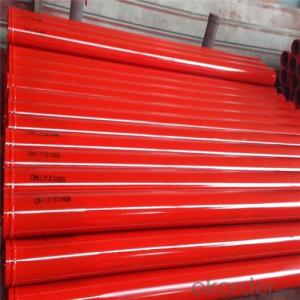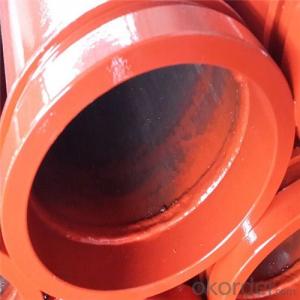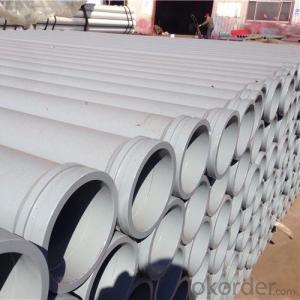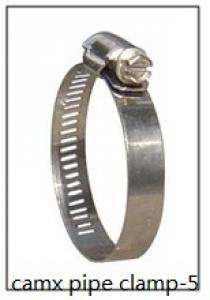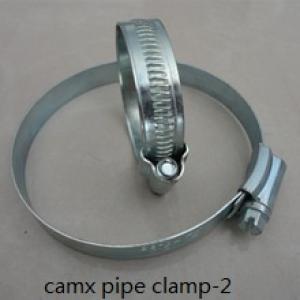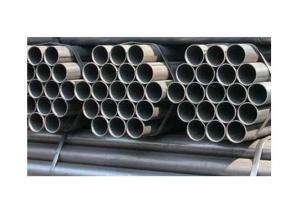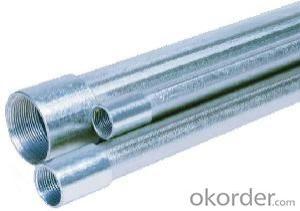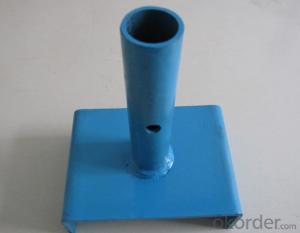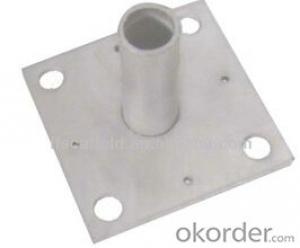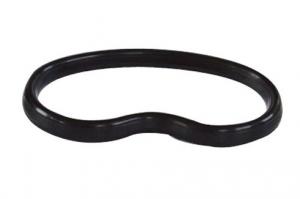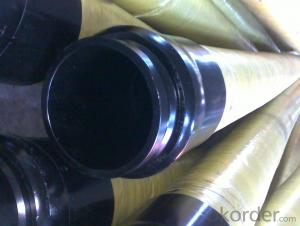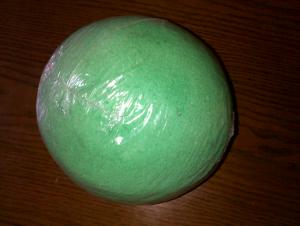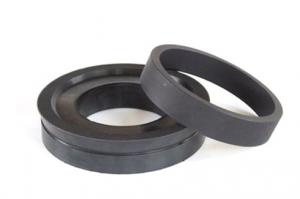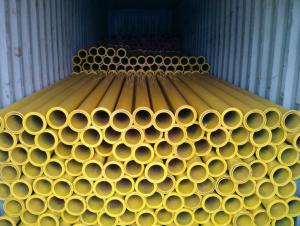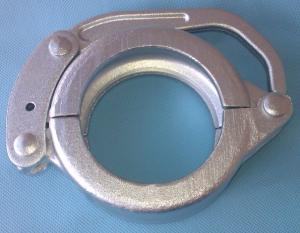Steel Galvanized U type pipe clampp with plate
- Loading Port:
- Shanghai
- Payment Terms:
- TT OR LC
- Min Order Qty:
- 10 set
- Supply Capability:
- 1000 set/month
OKorder Service Pledge
OKorder Financial Service
You Might Also Like
CONCRETE PUMP SPARE PARTS
Steel Galvanized U type pipe clampp with plate
Specifications
stainless steel u bolt clamp steel pipe
1.Manufactur supply directly.
2.Size:M4-M48.etc
3.ISO,SGS.
4.Grade:201,304,316...
stainless steel u bolt clamp steel pipe
Size:stainless steel u-bolts
M6x16-50
M8x20-100
M10x20-100
M12x20-100
M14x30-100
M16x30-100
M18x40-100
M20x40-100
M22x50-100
M27x50-100
M30x50-100
M36x50-100
material:stainless steel
201
304 0Cr18Ni9 304L 00Cr19Ni10
321 0Cr18Ni9Ti 316 0Cr17Ni12Mo2
316L 00Cr17Ni14Mo2 310S 0Cr25Ni20
surface:bright
Tolerance: +/-0.015mm
Grade: 4.6 4.8 5.6 5.8 6.8,etc
DN125 Concrete Pump Clamp Coupling
Type-HD
| 1.5" clamp HD |
2" clamp HD |
| 3" clamp HD |
| 4" clamp HD |
| 3"clamp HD (adjustable) |
| 4"clamp HD (adjustable) |
| 2.5" clamp HD |
| 5" clamp HD |
| 5" clamp HD (adjustable) |
Type-Bolt& snap
Bolt Clamp 2" |
| Bolt Clamp 3" |
| Bolt Clamp 4" |
| Bolt Clamp 5" |
| Bolt Clamp 6" |
| Bolt Clamp Boom Bracket Type 5" |
| Two Bolts Boom Clamp 5" |
| Snap Clamp 2" |
| Snap Clamp 3" |
| Snap Clamp 4" |
| Snap Clamp 4.5" |
| Snap Clamp 5" |
| Snap Clamp 6" |
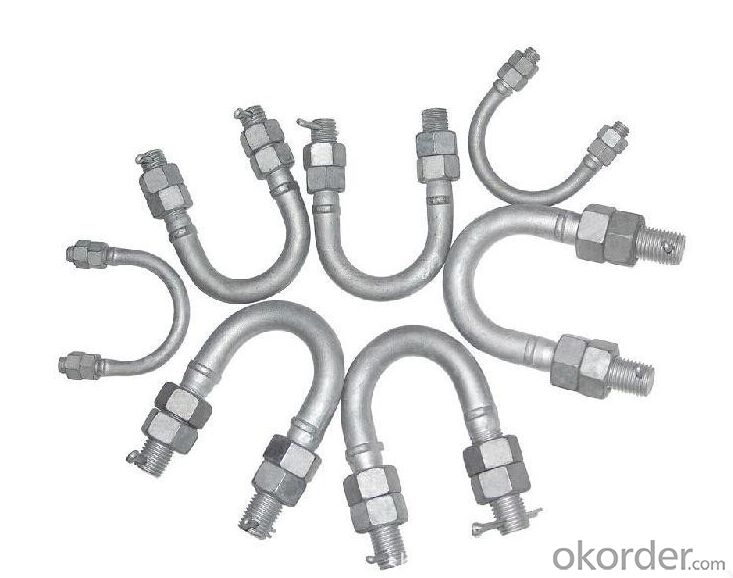
- Q: How often should a concrete pump cleaning ball be used?
- A concrete pump cleaning ball should be used after every pumping job or at least once a day to ensure the cleanliness and proper functioning of the pump. The cleaning ball helps remove any build-up or debris that may have accumulated inside the pump and its pipes during the pumping process. Regular use of a cleaning ball helps prevent clogs and blockages, ensuring a smooth and efficient pumping operation.
- Q: What are the specifications for concrete delivery pumps?
- The staff shall not climb or ride on the pipeline, and should be absolutely avoided when working at high altitude
- Q: Can concrete pump spare parts be coated with UV-resistant coatings for outdoor applications?
- Yes, concrete pump spare parts can be coated with UV-resistant coatings for outdoor applications. These coatings provide protection against the harmful effects of ultraviolet rays, preventing damage and extending the lifespan of the parts when exposed to sunlight.
- Q: What is the purpose of a concrete pump agitator motor?
- The objective of a concrete pump agitator motor is to guarantee the uniformity and excellence of the concrete mixture being transported. Its role involves ensuring that the concrete mixture remains well-blended and prevents any settling or separation during the pumping procedure. The agitator motor aids in maintaining a consistent and homogeneous mixture, which is essential for achieving sturdy and long-lasting concrete structures. Through continuous agitation of the concrete inside the pump, the motor assists in averting any obstruction or congestion that may potentially disrupt the pumping operation. In general, the purpose of a concrete pump agitator motor is to optimize the efficiency and effectiveness of the concrete pumping process, ultimately leading to improved construction outcomes.
- Q: What are the advantages of using carbon fiber components in concrete pump spare parts?
- There are several advantages of using carbon fiber components in concrete pump spare parts. Firstly, carbon fiber is known for its high strength-to-weight ratio. This means that carbon fiber components can provide the same strength as traditional materials such as steel or aluminum but with significantly less weight. This results in lighter spare parts, making them easier to handle and install, and also reducing the overall weight of the concrete pump system. Secondly, carbon fiber is highly resistant to corrosion. Unlike steel, carbon fiber does not rust or corrode when exposed to moisture or chemicals. This makes carbon fiber components ideal for use in concrete pump spare parts, as they are constantly exposed to water, cement, and other corrosive substances. The corrosion resistance of carbon fiber ensures the longevity and durability of the spare parts, reducing the need for frequent replacements and maintenance. Another advantage of carbon fiber components is their high stiffness. Carbon fiber is known for its rigidity and low flexural deformation, which means that the spare parts made from carbon fiber will have minimal deflection under load. This stiffness helps to maintain the overall stability and performance of the concrete pump system, ensuring accurate and efficient pumping of concrete. Additionally, carbon fiber has excellent fatigue resistance. Concrete pump spare parts are subjected to continuous cyclic loading and unloading, which can lead to fatigue failure over time. However, carbon fiber components have the ability to withstand these cyclic loads without compromising their structural integrity. This improves the reliability and lifespan of the spare parts, reducing downtime and maintenance costs. Lastly, carbon fiber offers design flexibility. It can be easily molded into complex shapes and geometries, allowing for customized spare parts that can be tailored to specific requirements. This flexibility in design enables the optimization of the spare parts' performance, enhancing the overall efficiency and productivity of the concrete pump system. In conclusion, the advantages of using carbon fiber components in concrete pump spare parts include their high strength-to-weight ratio, corrosion resistance, stiffness, fatigue resistance, and design flexibility. These qualities contribute to the improved performance, durability, and cost-effectiveness of the concrete pump system.
- Q: How often should concrete pump booms be inspected and maintained?
- To ensure the safe and efficient operation of concrete pump booms, it is important to inspect and maintain them regularly. The frequency of these inspections and maintenance tasks will depend on how often and under what conditions the boom is used. Generally, it is recommended to inspect and maintain the boom at least once a month or after every 250 pumping hours, whichever comes first. During these inspections, it is crucial to carefully examine the boom for any signs of wear and tear, damage, or malfunctioning parts. The hydraulic system, including the hoses, cylinders, and valves, should be thoroughly inspected and tested for leaks, blockages, or malfunctions. Additionally, the structural integrity of the boom, such as the main boom, articulation points, and outriggers, should be checked for cracks, deformations, or signs of stress. Regular maintenance of the concrete pump boom should include cleaning and lubricating all movable parts, checking and adjusting the tension of the cables, belts, and chains, and replacing any worn-out or damaged components. It is also important to inspect and test the electrical and control systems to ensure proper functioning. In addition to regular inspections and maintenance, it is crucial to follow the manufacturer's guidelines and recommendations for specific maintenance intervals and procedures. Depending on the level of usage, working conditions, and any changes in performance or operation, it may be necessary to conduct more frequent inspections and maintenance. By conducting regular inspections and maintenance, concrete pump boom owners can reduce the risk of accidents, extend the lifespan of the equipment, and ensure optimal performance. It is always advisable to consult with the manufacturer or a qualified professional to determine the most suitable inspection and maintenance schedule for a specific concrete pump boom.
- Q: What are the different types of concrete pump rubber hoses?
- In the market, you can find a variety of concrete pump rubber hoses. These hoses come in different types to cater to specific needs. The first type is the Steel Wire Reinforced Hose, which is the most commonly used. It is built with multiple layers of steel wire to provide maximum strength and durability. This type of hose is suitable for high-pressure applications and can handle the heavy pumping of concrete effortlessly. Another type is the Textile Reinforced Hose, which is reinforced with multiple layers of textile fabric like nylon or polyester. These hoses are lighter in weight compared to the steel wire reinforced ones, making them easier to handle and maneuver. They are suitable for medium-pressure applications and are commonly used in smaller concrete pumps. Then there is the Fabric Hose, which is made from a single layer of fabric like nylon or polyester. These hoses are lightweight and flexible, making them easy to handle and transport. Fabric hoses are suitable for low-pressure applications and are commonly used in small-scale construction projects. Composite Hoses are made from a combination of different materials such as rubber and plastic. These hoses are lightweight and highly flexible, which makes them ideal for applications where maneuverability is crucial. They are commonly used in smaller concrete pumps and can handle both low and medium pressure. Lastly, there are Flanged Hoses, which have flanges attached at both ends. These flanges are used to connect the hose to the pump and the nozzle, providing a secure connection and preventing any leaks or disconnections during the pumping process. Flanged hoses are commonly used in high-pressure applications and are suitable for large-scale construction projects. In conclusion, the choice of concrete pump rubber hose depends on specific project requirements. Factors such as pressure, size, and type of concrete being pumped should be considered to ensure efficient and safe concrete pumping operations.
- Q: Are there any regulatory requirements for the quality and standards of concrete pump spare parts?
- Concrete pump spare parts are subject to regulatory requirements that govern their quality and standards. These requirements are in place to guarantee safety, performance, and durability. These regulations are established by entities such as governmental agencies or industry associations, with the aim of safeguarding consumers and ensuring the proper functioning of concrete pumps. Several common regulatory requirements apply to concrete pump spare parts: 1. Certification: Authorized organizations may certify spare parts or subject them to specific testing processes to verify compliance with quality and performance standards. This certification helps ensure the safety and reliability of the spare parts. 2. Material Standards: Specific material standards may be imposed on spare parts. For example, the materials used in their construction must meet requirements for strength, corrosion resistance, or temperature resistance. 3. Design and Manufacturing Standards: The design and manufacturing processes of spare parts must adhere to certain standards. These standards cover dimensions, tolerances, manufacturing techniques, and quality control procedures in order to ensure consistent and reliable performance. 4. Performance and Compatibility Standards: Spare parts should be designed and manufactured to perform within defined parameters and be compatible with the concrete pump system they are intended for. This guarantees proper and safe functioning of the spare parts when installed in the pump. 5. Documentation and Labeling: Regulatory requirements often mandate that spare parts be accompanied by proper documentation, including user manuals, installation instructions, and maintenance guidelines. Additionally, labeling requirements may exist to clearly identify the spare parts and their specifications. Manufacturers, suppliers, and users of concrete pump spare parts must be aware of and comply with these regulatory requirements to ensure the safety and effectiveness of the concrete pump system.
- Q: What are the types of concrete pumps?
- According to the structure and use of divided into drag type concrete pump, car pump and pump car
- Q: What are the advantages of using stainless steel components in concrete pump spare parts?
- There are several advantages of using stainless steel components in concrete pump spare parts. Firstly, stainless steel has excellent corrosion resistance, which ensures the longevity and durability of the spare parts even in harsh environments. Secondly, stainless steel is known for its high strength-to-weight ratio, providing increased strength and reliability without adding excessive weight to the concrete pump. Additionally, stainless steel is highly resistant to wear and tear, which reduces the need for frequent replacements and maintenance. Lastly, stainless steel components offer a hygienic and clean surface, making them suitable for applications in the construction industry where cleanliness is crucial.
Send your message to us
Steel Galvanized U type pipe clampp with plate
- Loading Port:
- Shanghai
- Payment Terms:
- TT OR LC
- Min Order Qty:
- 10 set
- Supply Capability:
- 1000 set/month
OKorder Service Pledge
OKorder Financial Service
Similar products
Hot products
Hot Searches
Related keywords
